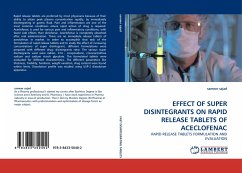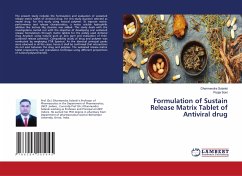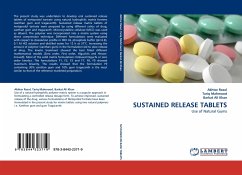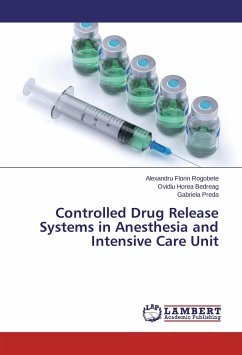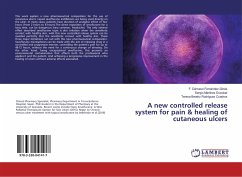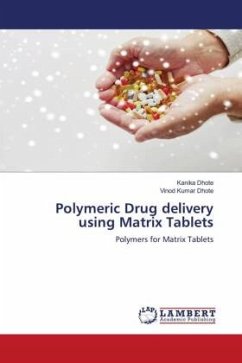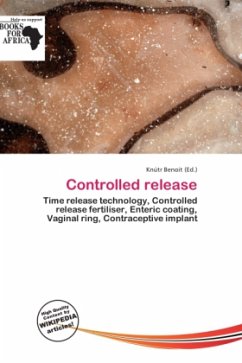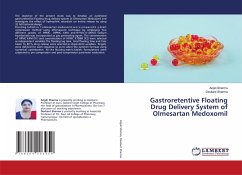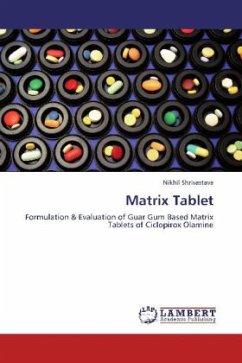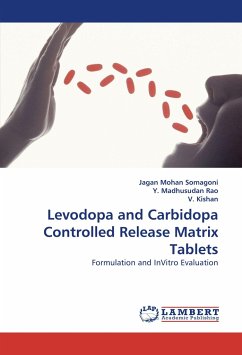
Levodopa and Carbidopa Controlled Release Matrix Tablets
Formulation and InVitro Evaluation
Versandkostenfrei!
Versandfertig in 6-10 Tagen
32,99 €
inkl. MwSt.

PAYBACK Punkte
16 °P sammeln!
In recent years, in association with progress and innovation in the field of pharmaceutical technology, there has been an increasing effort to develop prolonged release dosage forms for many drugs. Correspondingly, a growing number of new prolonged release dosage forms have been submitted for regulatory approval. Prolonged release dosage forms have many advantages in safety and efficacy over immediate release drug products in that the frequency of dosing can be reduced, drug efficacy can be prolonged and the incidence and/or intensity of adverse effects can be decreased. However, some prolonge...
In recent years, in association with progress and innovation in the field of pharmaceutical technology, there has been an increasing effort to develop prolonged release dosage forms for many drugs. Correspondingly, a growing number of new prolonged release dosage forms have been submitted for regulatory approval. Prolonged release dosage forms have many advantages in safety and efficacy over immediate release drug products in that the frequency of dosing can be reduced, drug efficacy can be prolonged and the incidence and/or intensity of adverse effects can be decreased. However, some prolonged release dosage forms have less clear rationale or are developed for active ingredients which are not appropriate for prolonged release dosage forms. In other cases, prolonged release dosage forms are designed without full consideration of the basic properties of the drugs. Moreover, standards for dissolution tests, which are important for evaluating prolonged release dosage forms, have notappropriately been established. As a result, it is often difficult to evaluate whether a prolonged release dosage form is acceptable or not.





